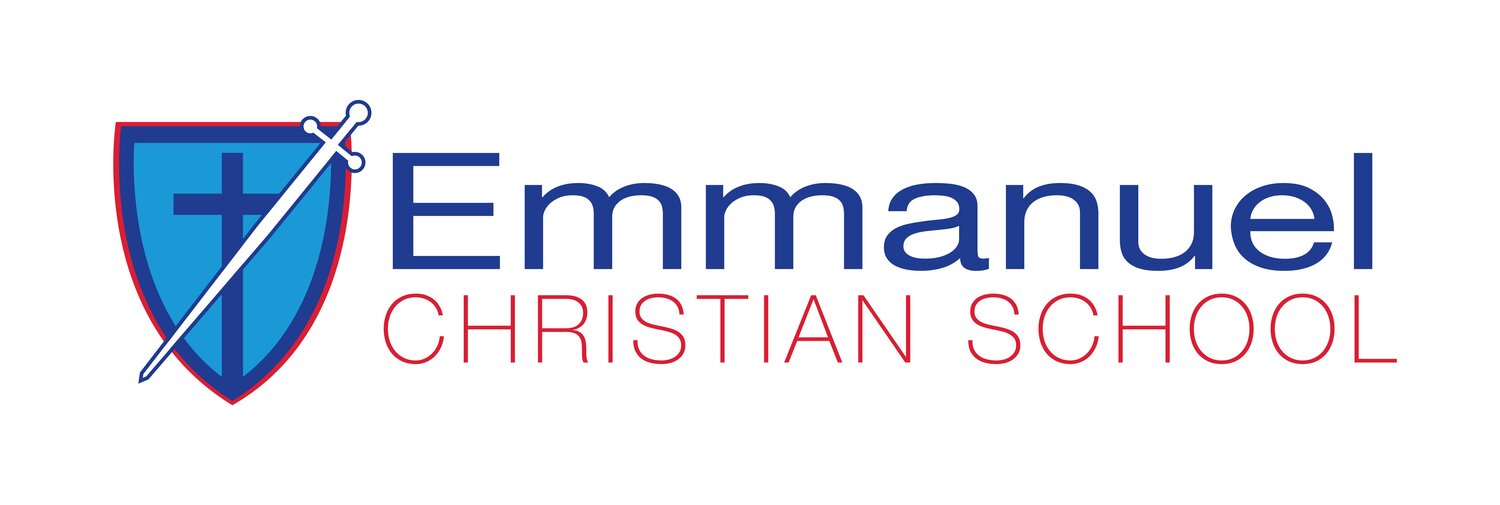As a science teacher, I view a school as an ecosystem, rather a complex web with multiple individuals playing important roles. These individuals hold a stake in what happens in the school. They include parents, carers, students, school staff, and regulatory authorities. However, at the core of this ecosystem are students, whom I regard as the primary stakeholders, whose feedback, experiences, and input both verbal and non-verbal constitutes the spine of school innovation and growth. Considering their position in the ecosystem, the voice of students and all that is associated with it becomes crucial for the school. This is the reason why we encourage and celebrate student voice.
“...student voice cultivates and nurtures this environment.”
It is our belief as a school that as students raise their voices their confidence is enhanced, and they develop into active, informed, and articulate adults who are empowered in being effective communicators and critical thinkers. Promotion of student voice for us is a strategy for relevance and effectiveness. Student feedback provides us with insights on what works best and how to do what we do better. We strive to provide a safe and healthy school environment for all our students, and I believe student voice cultivates and nurtures this environment.
The creation of a school or home environment where our students feel comfortable in raising their voice is our collective responsibility. It is a partnership between the school and the home. Whilst the school opens spaces for students to activate their voice through Student Voice sessions, the Student Representative meeting, suggestion boxes and other multiple avenues embedded in our daily educational routines, parent community still has a role to play. We need our parents and carers to continue to have the important role of building and shaping children’s confidence. Within the home we need to keep encouraging open dialogues as the foundation for the courage to speak up in an open forum. I encourage discussions about the school experiences be they negative or positive to be a routine. The creation of such an enabling environment potentially paves the way for more open and respectful dialogues within the school environment.
We acknowledge and celebrate occurrences within our school where student voice has positively enriched us. We have factored their input into some of our policies, extra-curricular events, and many student-led initiatives. We continue to safeguard this voice through anonymous reporting systems which allow our students to raise their concerns without the fear of repercussions.
In conclusion, may I point out that recognition and promotion of student voice is not only a matter of best practice, but from a Christian school perspective, an acceptance of the reality that God also speaks to and through children. We are reminded of the story of Samuel who served Eli the priest and one day heard the voice calling out his name several times.
Now Samuel did not yet know the Lord, nor had the word of the Lord yet been revealed to him. So, the Lord called Samuel again for the third time. And he arose and went to Eli and said, “Here I am, for you called me.” Then Eli discerned that the Lord was calling the boy (1 Samuel 3:7-8).
God spoke a message to Samuel that had implications for the nation. In the New Testament, children were brought to Jesus in order that He might lay His hands on them and pray. But the disciples rebuked them. But Jesus said,
“Permit the children, and do not be forbidding them to come to Me. For the kingdom of the heavens is of such ones”.
These instances attest to the responsibility that the school and community have in ensuring that students are heard, and their voice is acted upon. This is the present reality that we desire at our school to guarantee a brighter and more inclusive future.
Lifeas Kapofu - Principal








